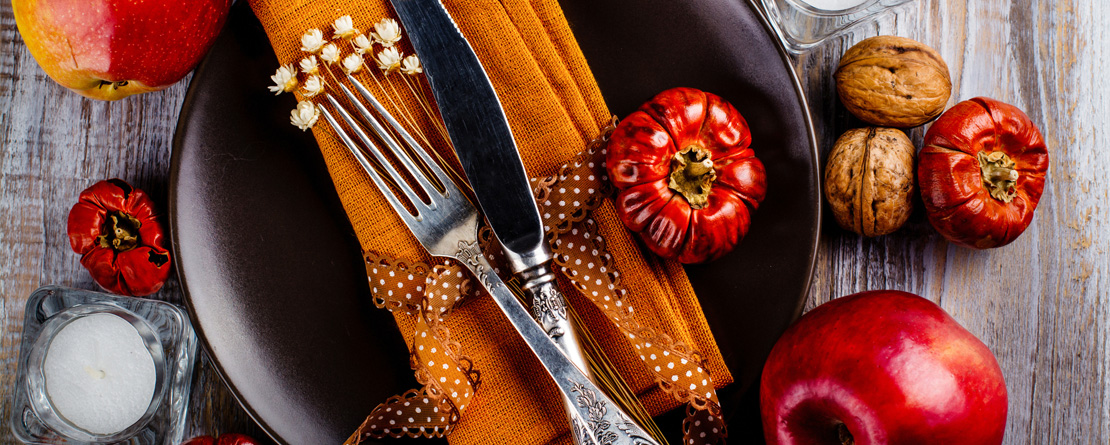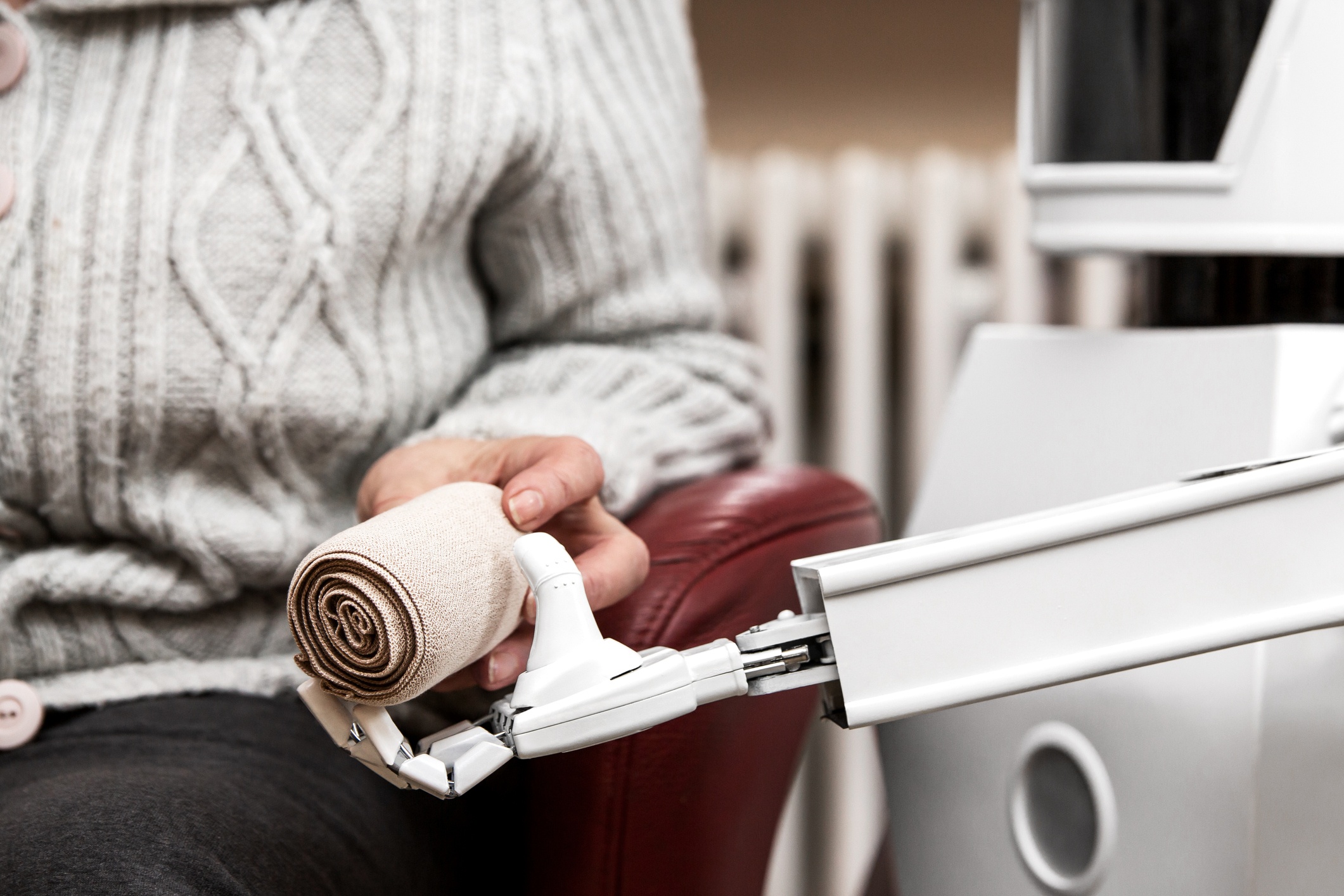Keys to quality and active ageing


How does nutrition help our immune system?
The immune system is on charge of the protection of our body against the various agents it identifies as possible aggressors; whether they are viruses, bacteria, allergens, toxins, malignant cells, etc. Nutrition, as we will see, plays a very important role in this, and for that reason the term immunonutrition has been coined to refer to the science involved in studying the relationship between nutrition and immunity.
The world population is gradually ageing. This has created an important health challenge for everyone. Efforts must be made to ensure that all the years of life that have been achieved through healthcare advances are lived satisfactorily with quality of life at a physical, mental and emotional level.
Of course, this challenge involves healthcare professionals, but health is also the responsibility of ourselves as individuals. There are several things you can do in your adult life to make your old age as satisfactory as possible. You must make lifestyle changes that lead to healthier habits in order to live your later years healthy and in the best conditions.
Many diseases are not directly related to ageing; they are linked to your life habits, which you can influence to minimise the risk factors of possible chronic diseases.
In fact, a recent study by Harvard University concludes that a healthy diet and exercise reduce the risk of cancer, diabetes and cardiovascular disease in later years. The study was published earlier this year in the BMJ (British Medical Journal). It concludes that good habits in your fifties not only prolong life but also to a great extent prevent the development of chronic diseases in old age. But you don’t have to wait until you’re 50: the sooner you start taking care of yourself, the better.
The main pillars to achieve this are:
We are what we eat
You are what you eat, so a varied diet without excess will help you reach the third age with a better quality of life. The right diet helps prevent diabetes, high blood pressure, hypercholesterolemia, osteoporosis and cardiovascular diseases.
A few tips:
- Eat all your meals during the day, without skipping any.
- Avoid heavy meals.
- Eat a variety of food, slowly, and chewing it well.
- Prioritise fresh ingredients and avoid processed and pre-cooked ones.
- Eat five servings of fruits and vegetables a day.
- Reduce your consumption of salt and replace it with other seasonings (lemon, spices …).
- Reduce your intake of sugar and fats of animal origin.
- Drink an average of two litres of water a day.
- Eat foods with fibre, such as fresh fruit and vegetables, whole grains, pulses, nuts, etc.
- Make sure you have a sufficient calcium intake through dairy products (milk, unsweetened natural yoghurts, fresh cheeses, etc.), leafy green vegetables, fish with bones (sardines, etc.), sesame seeds, almonds, etc.
Be active
Stable, constant and age-appropriate physical activity will make you feel alive and self-sufficient as you age, by improving coordination, balance, muscle mass and self-esteem, as well as reducing the risk or impact of certain diseases, such as diabetes, high blood pressure, cardiovascular disease or osteoarthritis.
This is what you should remember:
- Start and finish any physical activity slowly.
- Adapt the physical activity to your own conditions and according to your possibilities.
- Stretch and warm-up before physical activity.
- Stop physical activity if it causes any type of discomfort or pain.
- Be consistent: a minimum of 30 minutes a day of moderate physical activity five times a week, or a minimum of 75 minutes of vigorous aerobic activity each week.
- Perform aerobic activity in sessions of at least 10 minutes.
- Strengthen your muscles through specific exercises twice a week.
- Take advantage of the opportunities of daily life to carry out physical activities: climb stairs, walk whenever possible, etc.
Sleep well every day
Relaxation and refreshing sleep are essential both physical and mental health, in the short, medium and long term. As you age the duration of your sleep phases shortens and you may wake up more often.
You must acquire good sleep hygiene habits that allow you to fall asleep easily it and ensure your sleep is refreshing:
- Go to bed when you are sleepy.
- Try to maintain regular sleep timetables.
- Avoid sleeping during the day; if you have to, don’t sleep for more than an hour.
- Make sure the conditions such as temperature, darkness and silence are right to allow you to fall asleep and remain asleep.
- Decrease fluid intake at night.
- Avoid alcohol and stimulants like tea or coffee at night.
Keep your mind active
Apart from your body, you must also keep your mind in shape. Stipulate your brain with new challenges, projects and learning; and don’t stop doing what satisfies you intellectually.
Maintaining these habits will allow you to be more alert to possible cognitive changes as you age, and you will have more tools to cope with ageing:
- Read what interests you: in any medium, but always read.
- Keep up to date in current events.
- Stay up to date with new technologies and social media.
- Go to the cinema, the theatre, exhibitions, concerts.
- Learn a new language or reinforce a language you already know.
- Study something for the mere pleasure of learning.
- Exercise your memory.
- Try new things: places, food, music, visual arts, etc.
Socialise
Finally, don’t forget socialisation. Older people often complain about loneliness. It is essential to maintain a network of relationships with family, friends, co-workers, neighbours, etc., and strive to maintain them; and to cultivate new relationships through participation in collective activities.
These tips aren’t intended to be something new, but we often take certain things for granted and don’t put them into practice. It is important that your good intentions turn into realities during the years of adult life so that you reach the third age in the best possible conditions to enjoy it.
Related news
-

Benefits from robotics applied to medicine
In recent years, robotics applied to medicine has made great progress. There are several medical specialities, especially surgical ones, which have benefited from the use of increasingly precise robots with greater possibilities for diagnosis and treatment of several diseases.
-

Discover the 10 keys to good health
Our commitment to our clients’ good health is one of our priorities. We want to begin the year with the keys to leading a healthy life.















